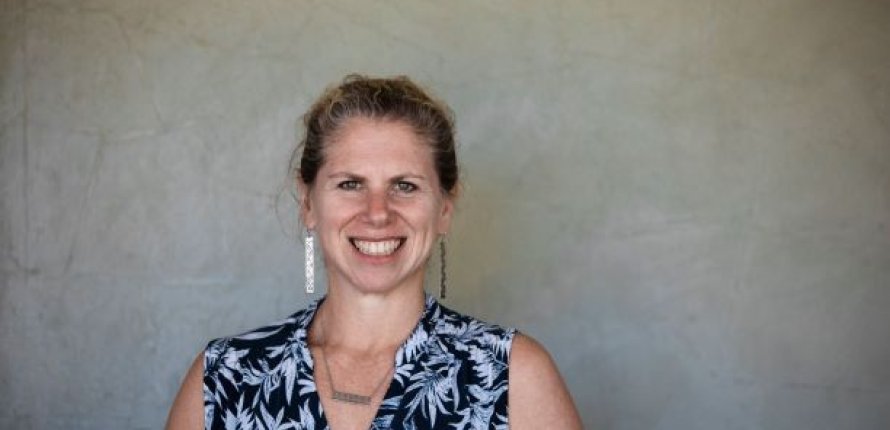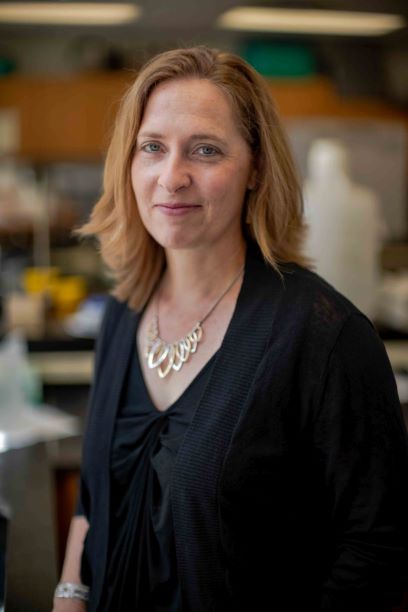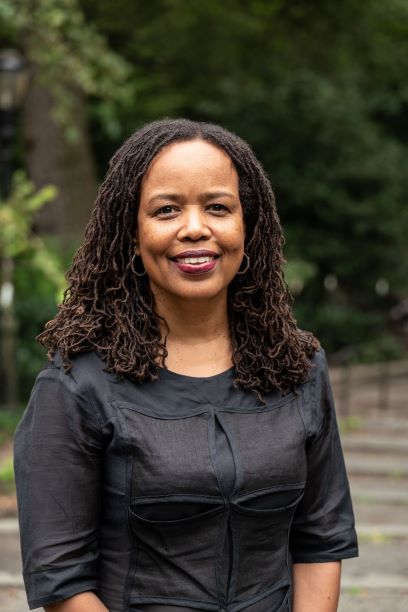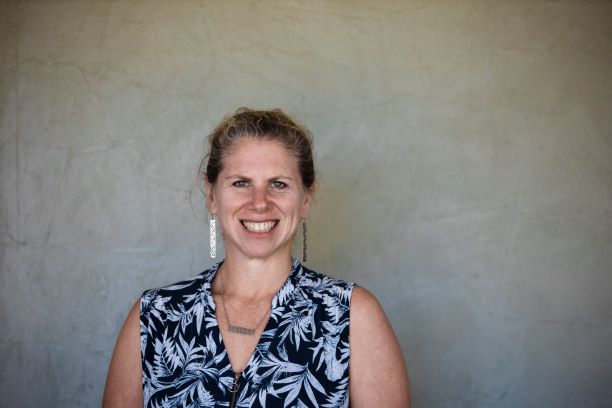Three Fulbrighters Named 2019 MacArthur “Genius” Fellows

The Fulbright Program is pleased to congratulate three alumnae on their selection as 2019 MacArthur Fellows! “Genius” Fellows Andrea Dutton (2020 U.S. Scholar to New Zealand), Saidiya Hartman (1997 U.S. Scholar to Ghana), and Stacy Jupiter (2002 U.S. Student to Australia) will each receive a $625,000, no-strings-attached award from the MacArthur Foundation to support their creative, intellectual, and professional projects.
According to the MacArthur Foundation’s website, fellowships are awarded to “talented individuals who have shown extraordinary originality and dedication in their creative pursuits and a marked capacity for self-direction.” It lays out the following criteria for the selection of Fellows:
- Exceptional creativity
- Promise for important future advances based on a track record of significant accomplishments
- Potential for the Fellowship to facilitate subsequent creative work.
Learn more about how each Fellow’s experience as a Fulbright participant supported and inspired their professional goals:

Andrea Dutton: A University of Wisconsin-Madison geochemist and paleoclimatologist specializing in sea levels, Andrea Dutton will travel to New Zealand as a Fulbright U.S. Scholar in the spring of 2020. During her grant, she will analyze local coral and coastlines to better understand how sea levels are changing. Dr. Dutton is motivated to study and share her findings with people and communities specifically affected by rising seas.

Saidiya Hartman: A literary scholar and cultural historian, Saidiya Hartman “explores the limits of the archive” through telling the stories of African slaves, free black people, and other marginalized individuals excluded from the recent American past, and how those experiences inform the contemporary African American experience. During her nine months as a Fulbright U.S. Scholar to Accra, Ghana in 1997, Dr. Hartman studied the Atlantic slave trade through her project, entitled, “Belated Encounters on the Gold Coast: Captives, Mourners, and the Tragedy of Origins.” She has authored two books and is a professor of English and comparative literature at Columbia University.

Stacy Jupiter: A marine scientist, Stacy Jupiter works with indigenous Melanesian communities in Fiji, the Solomon Islands, and Papua New Guinea on ecosystem management by integrating local cultural practices with field research. Dr. Jupiter has collaborated on Fiji’s first “Ridge-to-Reef” management plan, which is currently used as a template for other areas in the region. During her Fulbright to Australia as a U.S. Student in 2002, she worked to contain and prevent microbial blooms in Moreton Bay, Queensland.
